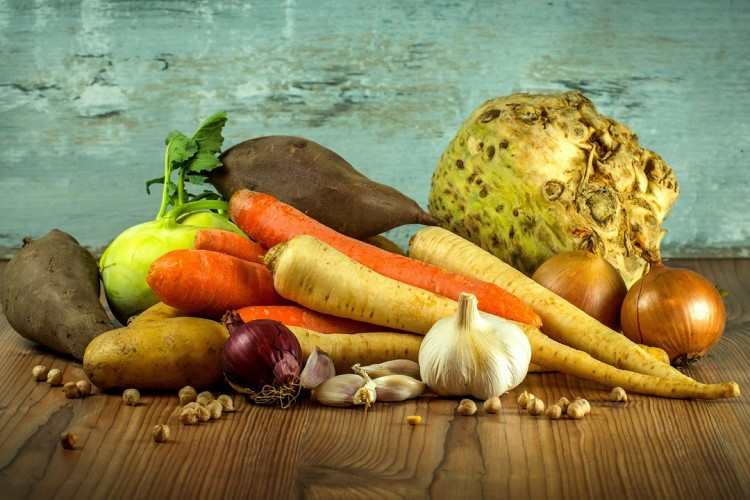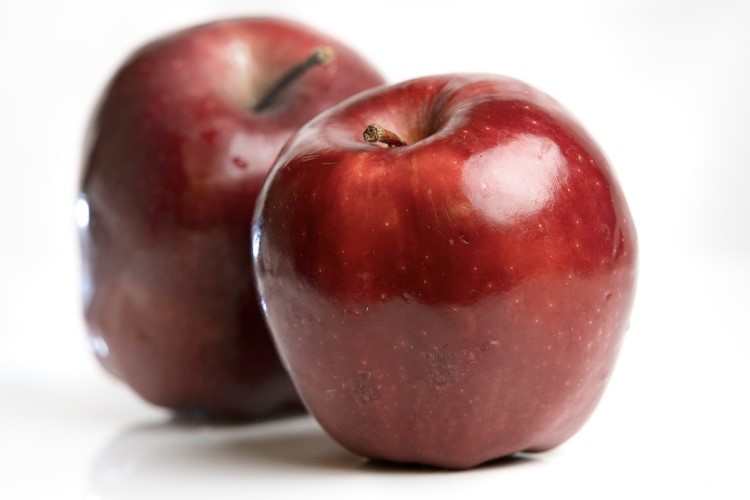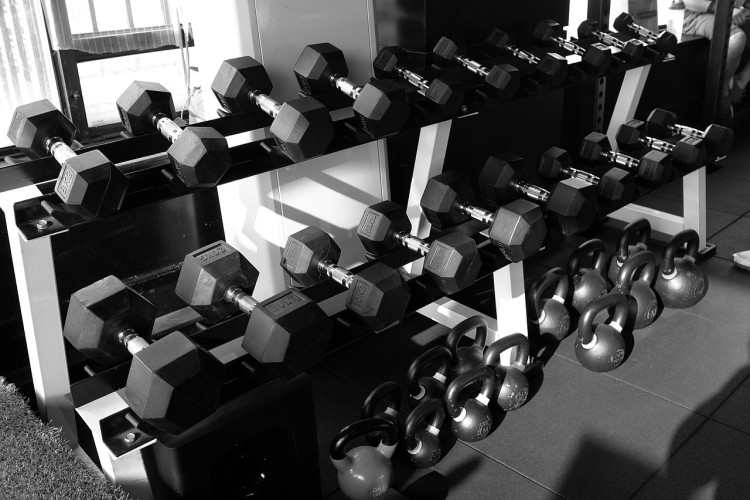- CONTACT US
- Self-care
- General Health

How can you make your gut microbiota more comfortable and more stable and maintain more beneficial microbes?
According to modern scientific findings, there are two main categories of tools that are most effective.
The first major category is improvement through lifestyle such as diet, exercise, and stress management. As we said earlier. Gut microbiota can influence our mood and behavior. From this perspective eating in the future can be an additional criterion; not only to let yourself eat well but also to let the gut microbiota of these microbial communities eat well.
What does the gut microbiota mainly eat? It is the dietary fiber provided by vegetables and grains. A large portion of this dietary fiber that we eat is indigestible. But it does go down well with these microbes. There's a reason why a balanced diet requires that half of your daily food intake be vegetables; grains and preferably whole grains. If your child is always a picky eater and won't eat vegetables. You might want to make up a little story about this principle for him next time.
By eating a good diet of vegetables and whole grains. These beneficial microbes will help you build good gut function; as well as destroy inflammation in your body and regulate your mood. That's why Hippocrates famously said: Let food be thy medicine and good food is one of the most important health programs you can apply.
In addition to eating good vegetables. We should also focus on the Mediterranean diet. Research has proved that this balanced diet improves your microbiota in a short period; but if you stop the effect will only last a few days. So it is still recommended that you stick to it in the long term. And what kind of diets do gut microbiota dislike? The answer is a high-fat diet: with refined carbohydrates like desserts; refined rice and white flour and high-sugar beverages. All of which can be very detrimental to gut microbiota.
In addition, dietary habits can affect gastric microbiota. Studies have found that deviating from normal meal times by more than 2 hours increases the risk of contracting Helicobacter pylori by 13 times and the risk of gastritis by 6 times.
In addition to diet, regular aerobic training can improve gut microbiota.
A study of premenopausal women found that regardless of age and nutritional status increasing cardiorespiratory endurance improved the composition of the gut microbiota; with aerobic training having a strong effect on the number of beneficial gut microbes while the effect of strength training was less clear.
In addition, managing your stress can also improve the body's microbiota to avoid the anxiety and depression associated with chronic stress.
 Antiviral Medications: Components and Efficacy in Treating Colds and Flu
Antiviral Medications: Components and Efficacy in Treating Colds and Flu How to Pick Cervical Spine Support Tools
How to Pick Cervical Spine Support Tools Do We Truly Need Extra Mineral Supplements?
Do We Truly Need Extra Mineral Supplements? Weekend Health Checklist
Weekend Health Checklist Golden 8-hour sleep adds 5 years to life
Golden 8-hour sleep adds 5 years to life Daily Steps for Health: How Much Walking?
Daily Steps for Health: How Much Walking? How to Protect Your Family from Infectious Outbreaks in Fall and Winter?
How to Protect Your Family from Infectious Outbreaks in Fall and Winter? Skin Cleansing the Right Way: Avoid Over-cleansing
Skin Cleansing the Right Way: Avoid Over-cleansing Maintaining oral health: Choosing the Right Toothbrush Matters
Maintaining oral health: Choosing the Right Toothbrush Matters













